Expert view
Tanzania
27 September 2023
Conservation lessons from the Serengeti
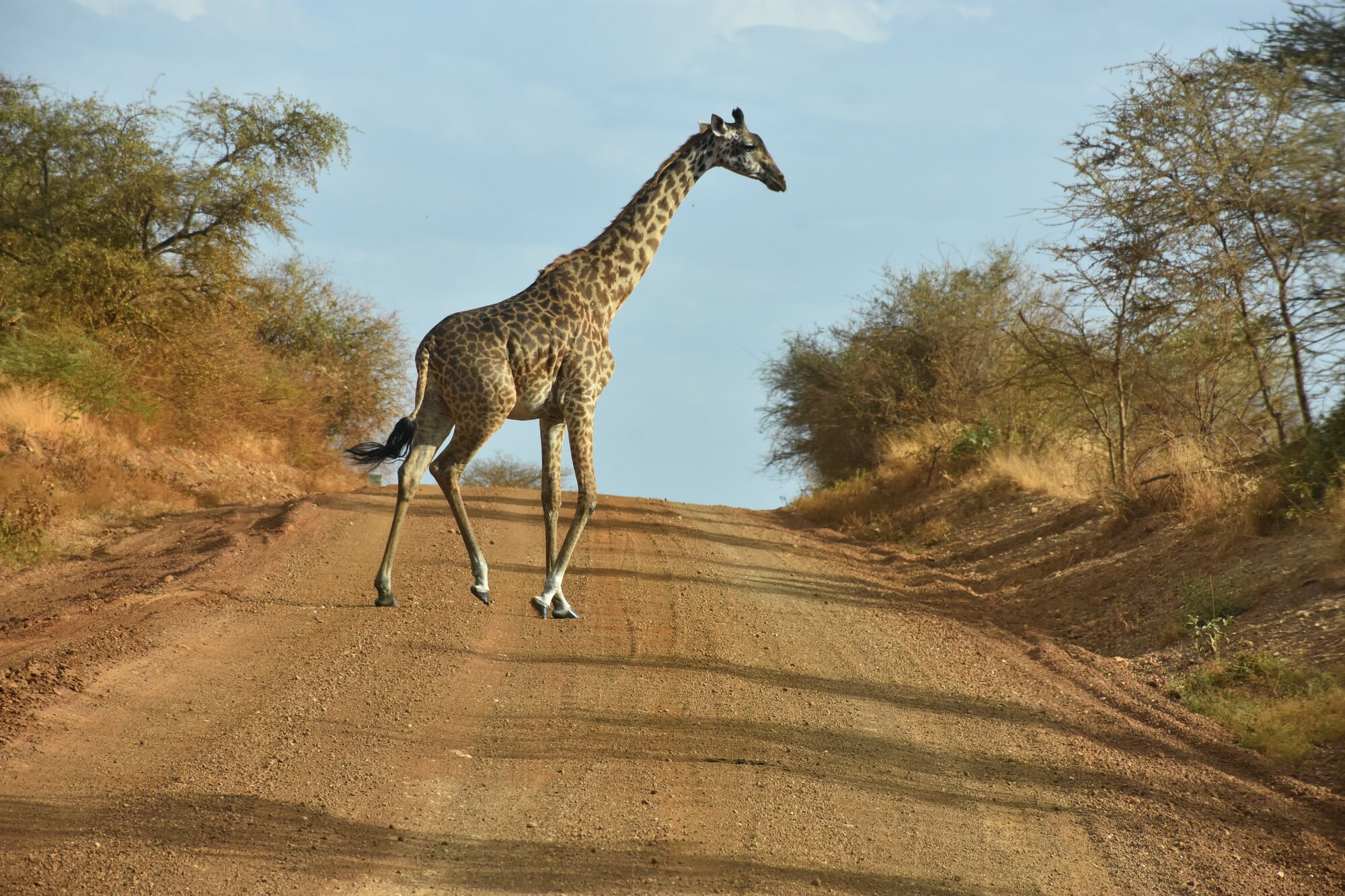
By Nura Aman, Technical Manager for Agriculture and Natural Resource Management, Farm Africa.
On a recent trip to Tanzania, I was lucky enough to explore the Serengeti National Park to discover insights on how Tanzania has become a leader in conservation excellence and effective park management.
I was one of 13 people working on Farm Africa and SOS Sahel Ethiopia’s new Forests for Sustainable Development (FSD) programme in Ethiopia to undertake a learning visit to Tanzania.
My traveling companions included government officials, conservation specialists and representatives from Farm Africa, including Shewit Emmanuel, Country Director of Ethiopia, and SOS Sahel Ethiopia.
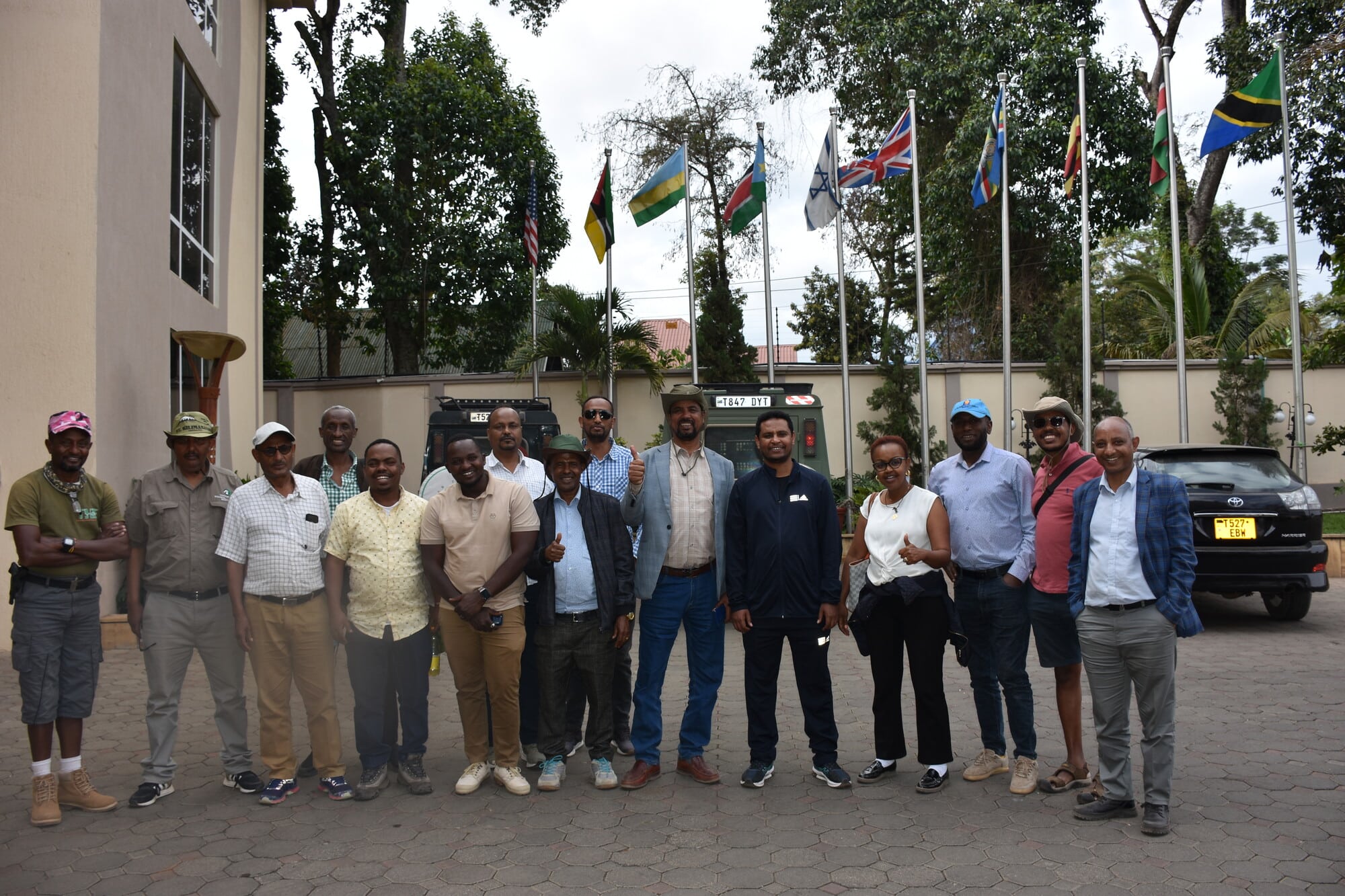
The FSD programme, which is funded by the Royal Norwegian Embassy in Ethiopia, is dedicated to reducing deforestation and biodiversity loss, while also improving the incomes and resilience of local communities in the Bale Eco-region and associated landscapes in Guji and Borena zones of the Oromia regional state in Ethiopia.
As Farm Africa’s Technical Manager for Agriculture and Natural Resource Management, I was eager to learn and the Tanzania trip quickly became a great source of inspiration for our work in Ethiopia.
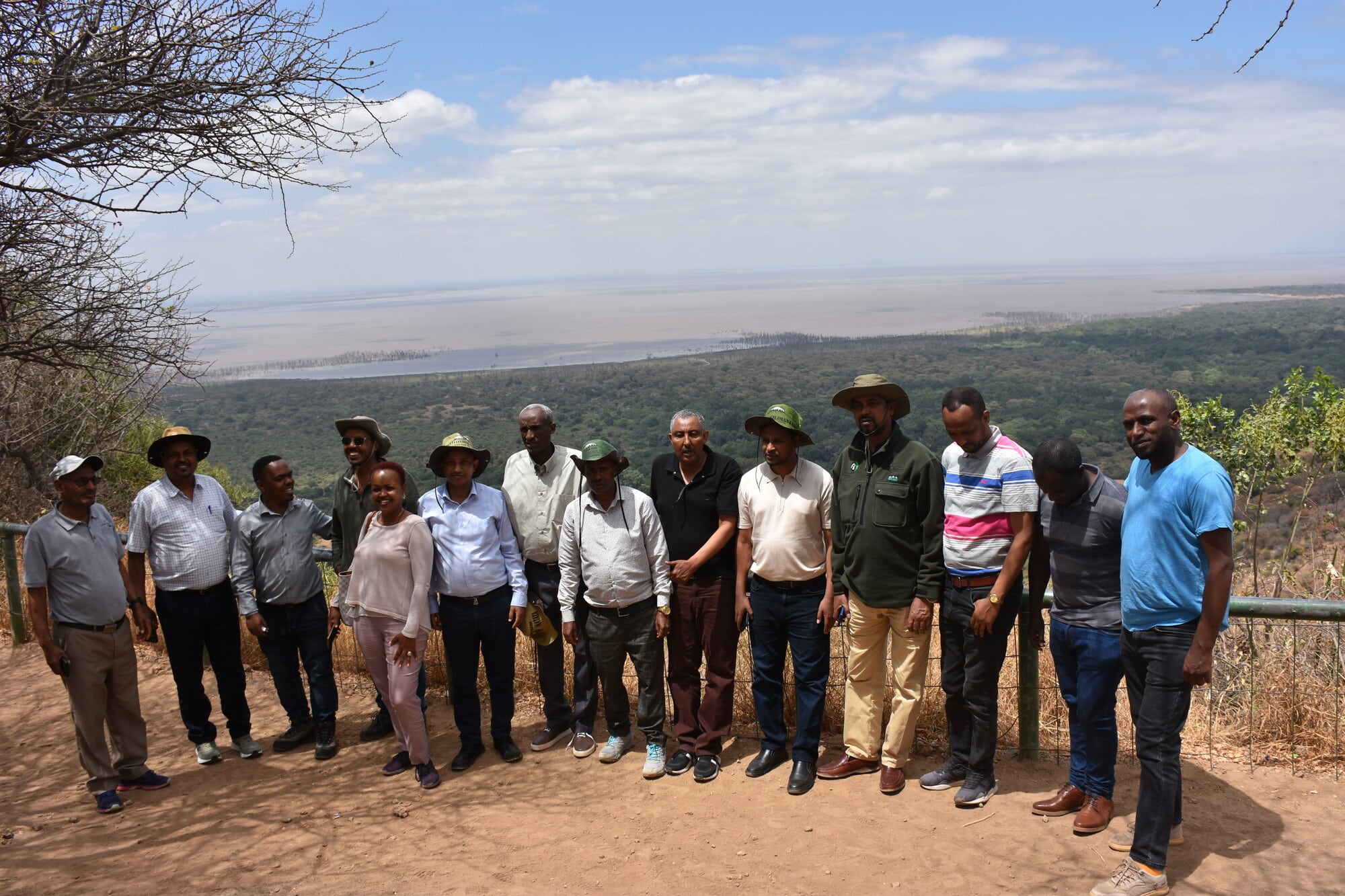
As we explored the iconic Serengeti National Park, the focus on conservation was clear. Often described as one of the Seven Natural Wonders of Africa, the Serengeti covers 5,700 square miles exclusively reserved for wildlife, making it Tanzania’s largest Park.

The Serengeti forms the core of an expansive ecosystem that includes the Ngorongoro Crater, Maswa Game Reserve, Grumeti, Ikorongo, and Lake Manyara, making it a bucket list destination for travellers and safari enthusiasts alike.
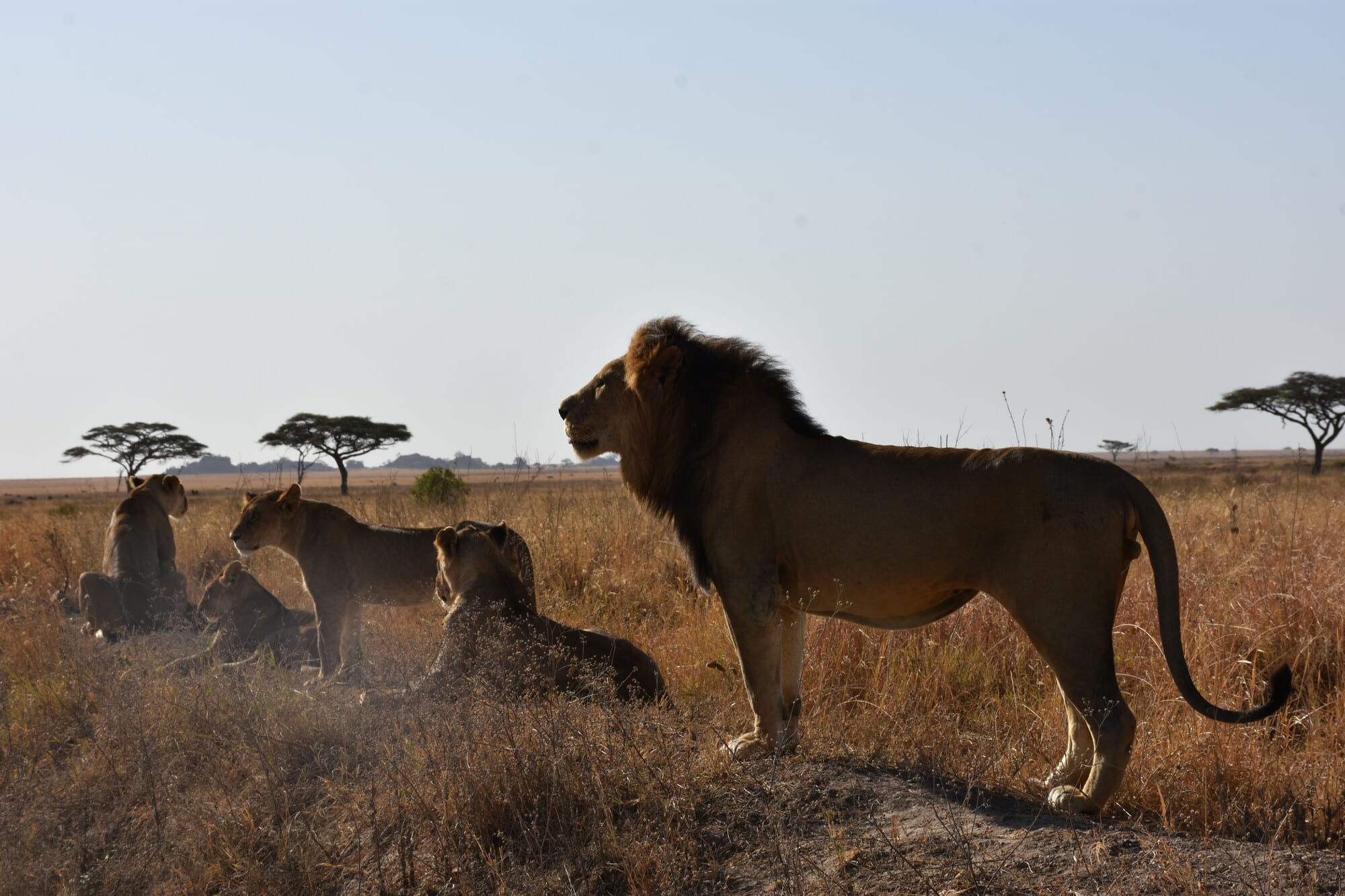
Yet even with its well-developed and thriving tourism industry, the Park has a strong link to conservation. Natural resources within their existing environments are protected without any external disturbance. So much so, that elephant and other wildlife poaching has declined, while rhino numbers have grown from eight to 90!
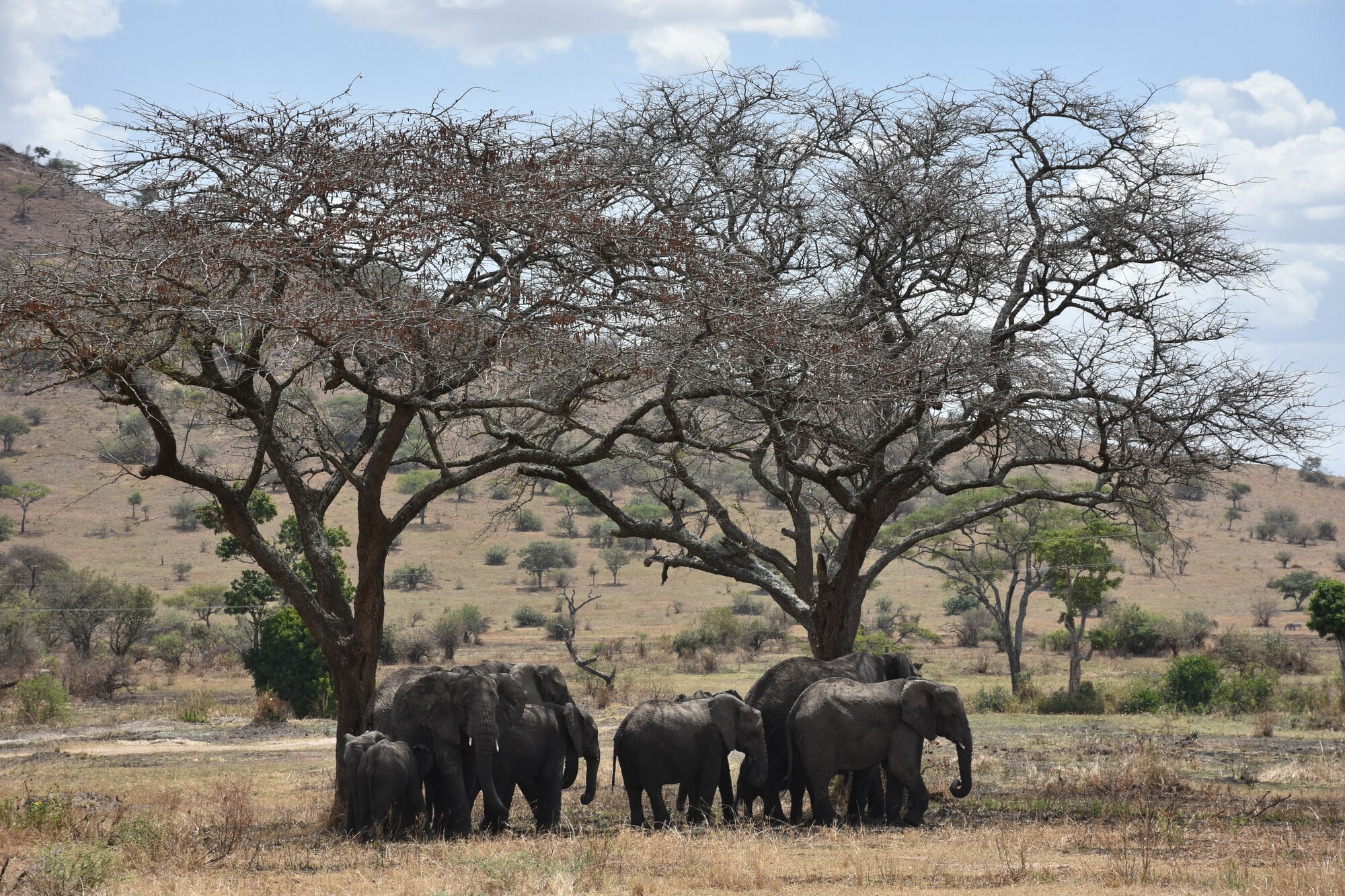
Tourism has in fact helped. The Serengeti offers green employment opportunities and a broad range of tourism activities, from game drives to ballooning, which brings money into both the national economy and local communities.

While there is excellent awareness among the public, commitment to conservation laws has also been instrumental to the region’s environmental success. We learned how well coordinated Tanzania’s efforts are between government sectors, development actors, and private organisations, which fosters a united front for conservation.
We met with an array of conservation leaders and specialists from organisations such as the Tanzania National Parks Authority, the Tanzania Wildlife Management Authority, and the Kilimanjaro National Park Authority.
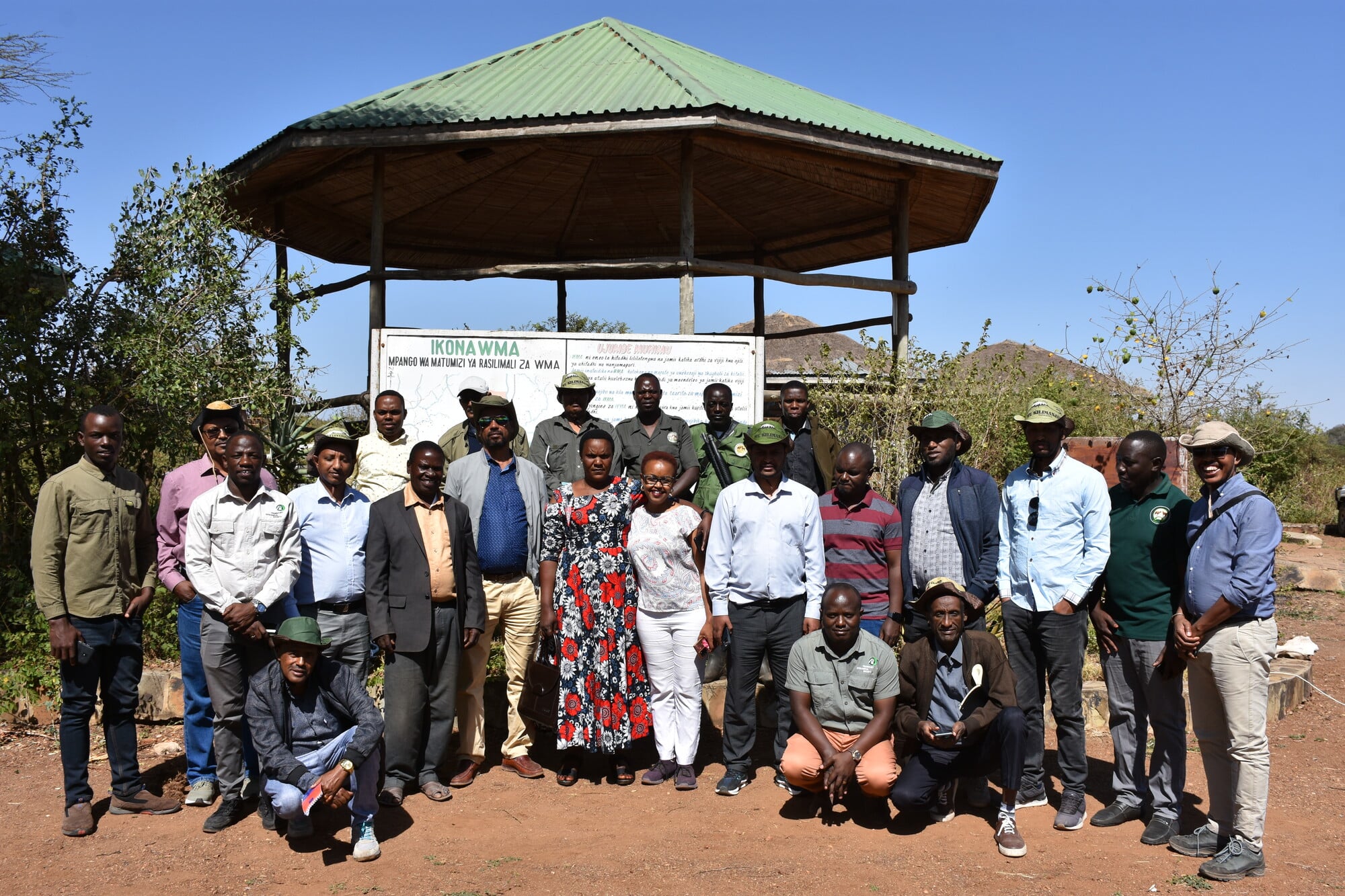
We enjoyed far-reaching, eye-opening discussions, learning how they use technology, zonation-based management practices, and effective land use policies to monitor and bolster their conservation efforts, and then delved into the practicalities of sustainable park management, adapting to challenges and community involvement.
Sharing these ideas and experiences with key organisations, while touring the Serengeti’s pristine landscapes and seeing extraordinary wildlife, proved the Park’s conservation success to the whole team.
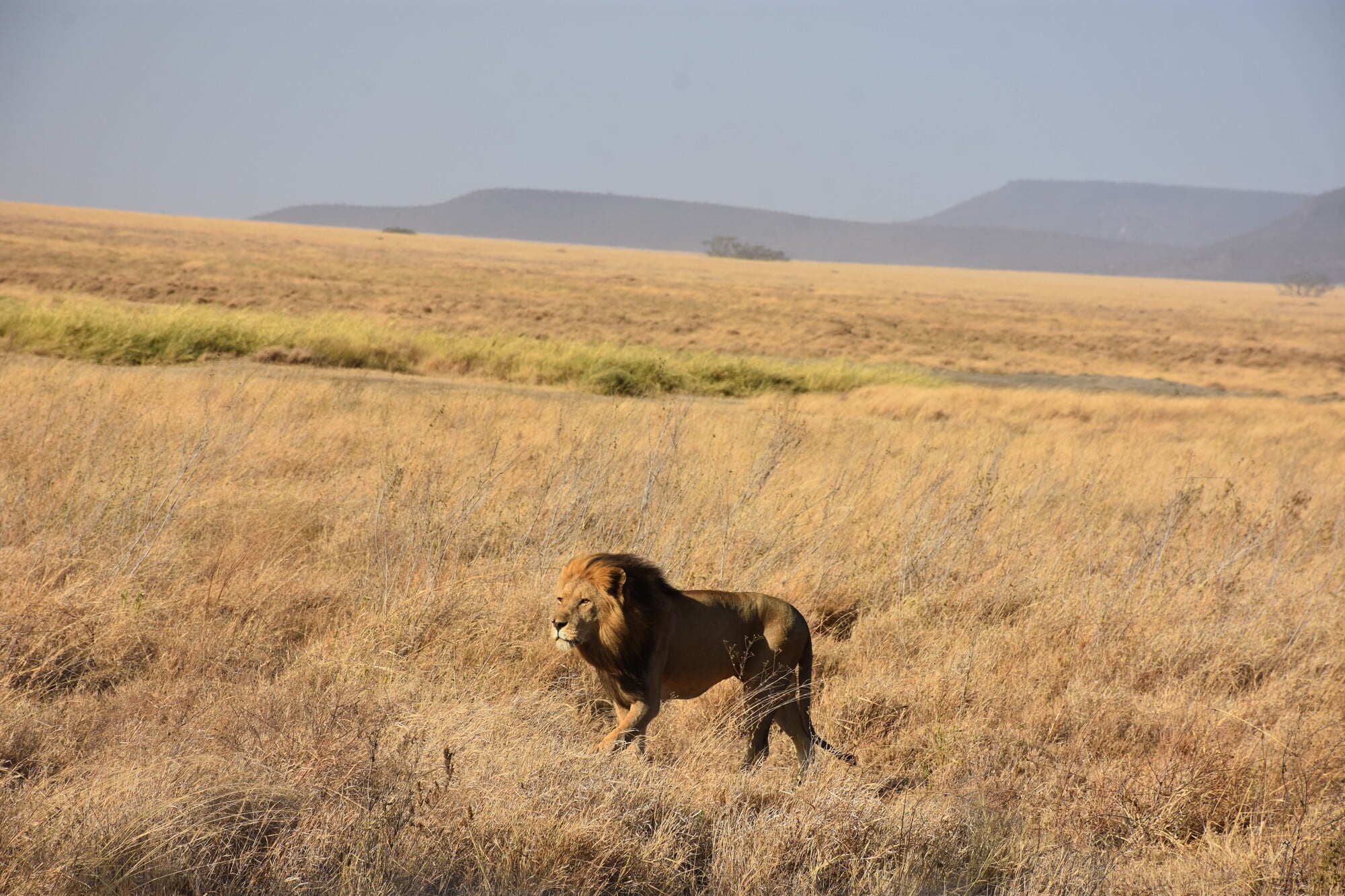
It was clear that the principles of coordinated efforts, public awareness, eco-tourism, and technology could help serve as a blueprint for scaling up Farm Africa’s conservation work in Ethiopia’s Bale Eco-region.
The Bale Eco-region is home to the Bale Mountains National Park, a place of extraordinary biodiversity and natural beauty. With lush forests, grasslands, and alpine moorlands, it is one of Ethiopia’s most iconic landscapes. It is home to rare and endangered endemic species, including the Ethiopian wolf, mountain nyala, and various endemic birds. It also serves as a vital watershed, providing water to communities downstream and supporting agriculture in the region.
However, the Bale Mountains National Park faces numerous threats. Deforestation poses a significant risk to the park’s ecosystems and unsustainable agricultural practices further compound the pressure on its fragile environment.
We left Tanzania motivated to refine our strategies to build on our years of success in improving the management of the Bale Mountains National Park.
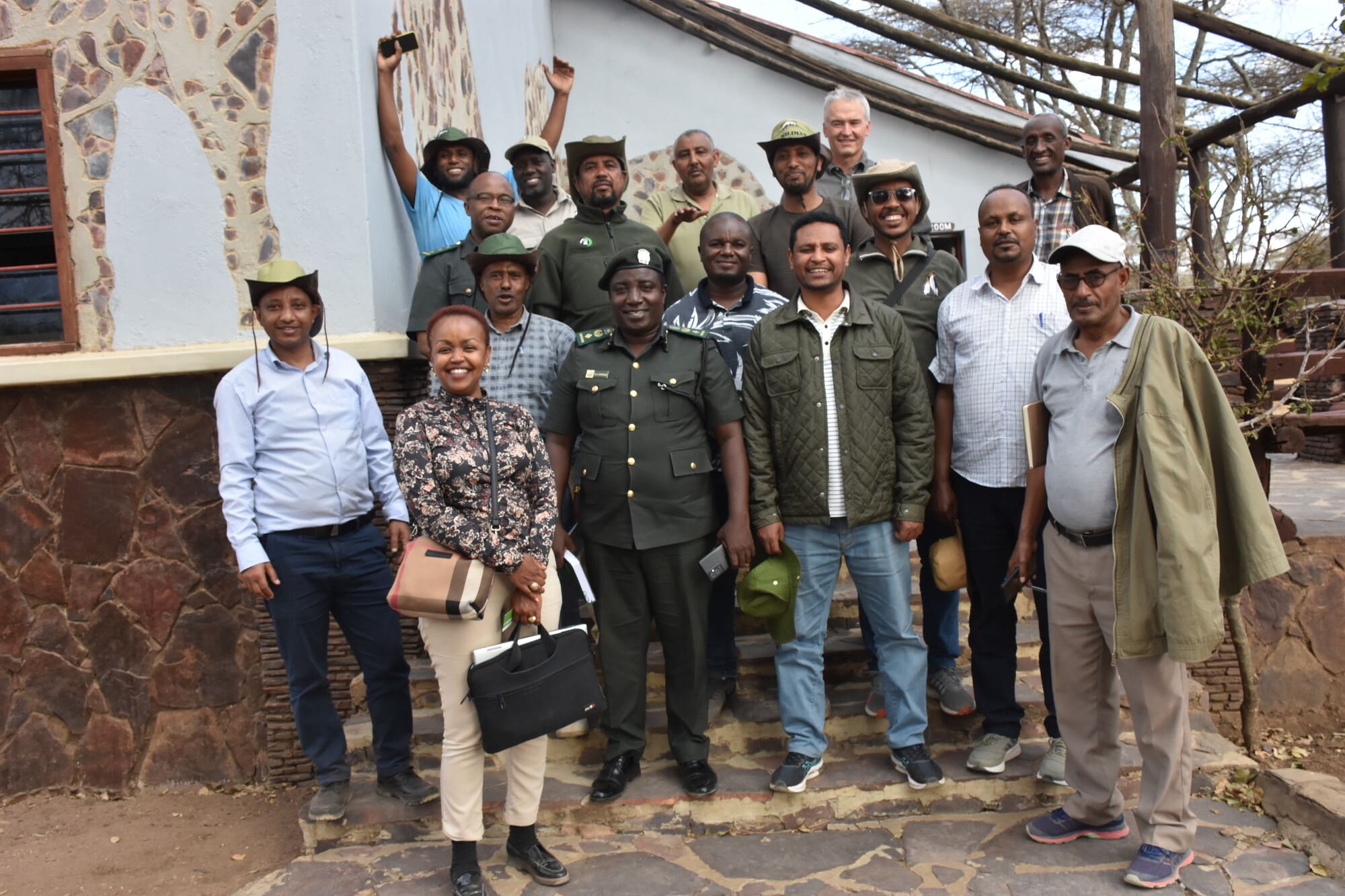
What’s more, Farm Africa’s history of forest conservation work in Ethiopia’s Bale Eco-region, where we implemented the Bale REDD+ project, will further inspire our plans. Across two phases from 2012 to 2020, the project avoided deforestation of approximately 29,258 hectares of natural forest land, which has consequently generated a substantial reduction in forest carbon emissions, totalling 13.7 million tonnes of CO2e. This work has supported forest management cooperatives to secure millions of US dollars in credit earned by the avoided emissions, which is the first of its kind in the history of REDD+ in Ethiopia.
Meanwhile in Tanzania’s Nou Forest, Farm Africa supported communities, who relied on the forest for their livelihoods, to reduce deforestation by identifying ways to earn money from the forest while protecting its resources for future generations.
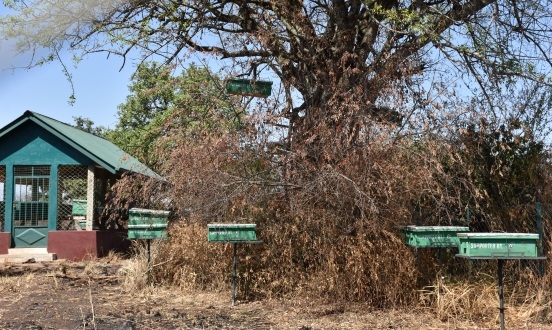
Some of the sustainable livelihoods developed with support from the project included mushroom farming, raffia weaving, beekeeping and tree nurseries. We also helped communities map the forest and its resources, empowering them to better protect and conserve their habitat, and forged partnerships between forest communities and district governments to promote sustainable forest management.
Building upon these results, we now intend to use our rich experiences and lessons to further scale up Farm Africa’s conservation work. We will leverage and foster long-standing partnerships, including with the government of Ethiopia and local communities, to protect the Bale Mountains National Park and the wider beautiful natural resources of the Bale Eco-region to create a sustainable, thriving future for wildlife and rural communities alike.




